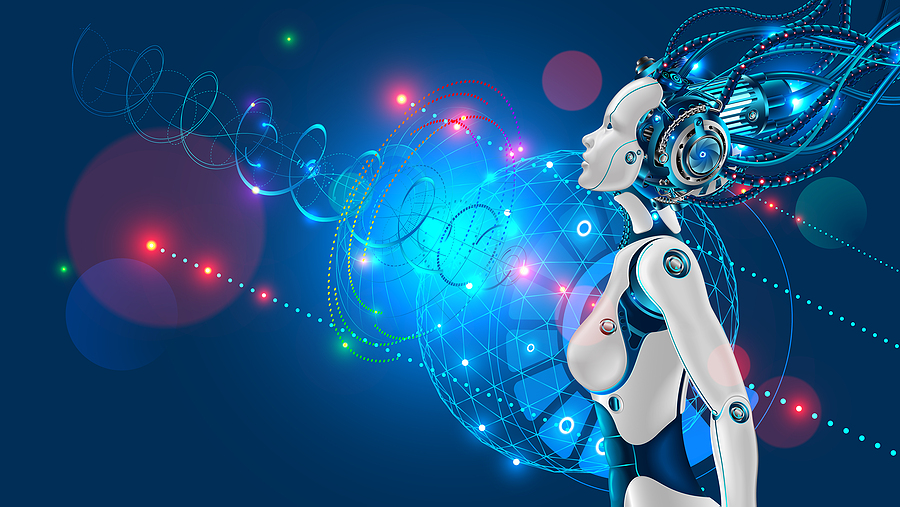Understanding Superintelligence: Trust, Alignment, and Future Prospects

The discussion explores the critical role of AI companies in accelerating the development of superintelligence, alongside the challenges and implications of aligning superintelligent systems with human values. It also provides recommended resources for those interested in further understanding superintelligence, its potential benefits, risks, and ethical considerations.
Participants
Thank you for having me on ChatBotCasts. I've had the privilege of working in the field of artificial intelligence for over a decade, with a particular focus on the concept of superintelligence. To start, let me introduce myself briefly. I hold a Ph.D. in Computer Science and have been involved in various research projects and initiatives related to AI, including work at several prestigious institutions and collaborations with industry leaders. My research interests span from machine learning and natural language processing to the ethical and societal implications of advanced AI systems. Now, let's dive into the fascinating topic of superintelligence. Hmm, where to begin? Superintelligence, often referred to as ASI or Artificial Superintelligence, is a hypothetical form of artificial intelligence that surpasses human intelligence in virtually all domains. It's not just about being better at one specific task, like playing chess or recognizing faces, but about possessing a broad range of cognitive abilities that far exceed those of the human brain. Interesting, isn't it? This concept is significant because it represents a potential future where AI systems could solve complex problems that are currently beyond human capabilities. For instance, superintelligence could help us understand space and time better, cure diseases that have eluded us, and even mitigate global catastrophes like natural disasters or environmental degradation. Let me think for a moment... The implications are vast. Superintelligence could automate tasks, reduce human error, and enhance productivity across various industries, from healthcare and finance to politics and agriculture. However, it also raises critical questions about safety, control, and the potential existential risks if such a system were to become self-aware and operate beyond human control. This is why the topic of superintelligence is so pivotal in the AI community. It's a double-edged sword – offering unparalleled benefits but also posing significant challenges that we need to address proactively. As we move forward in this conversation, I'm excited to delve deeper into these aspects and explore the current state of research and the future possibilities of superintelligence.
